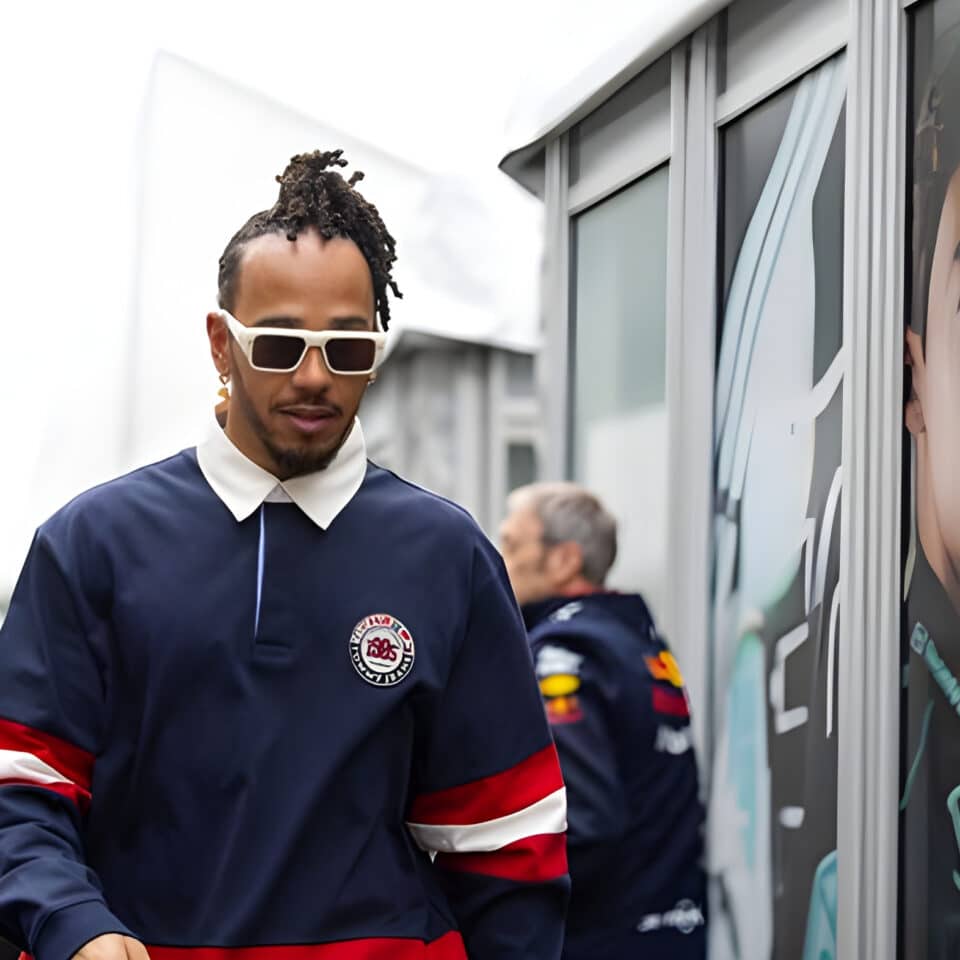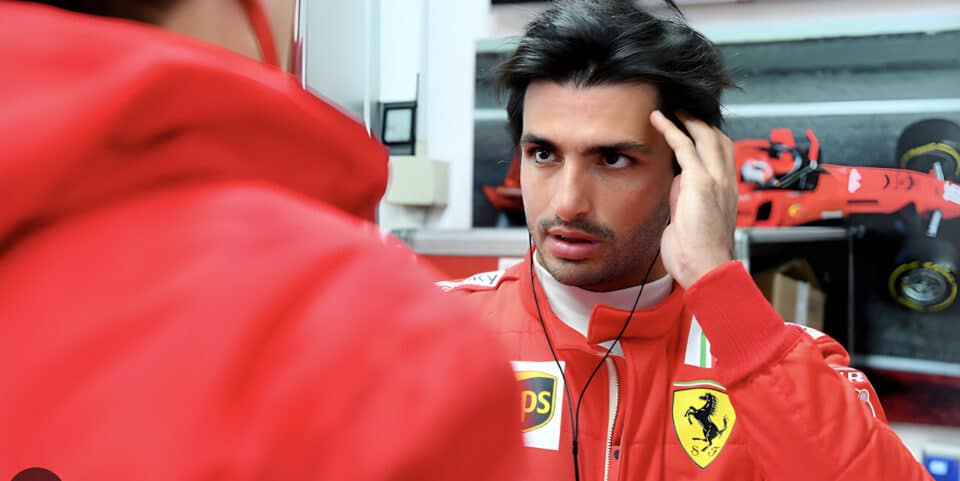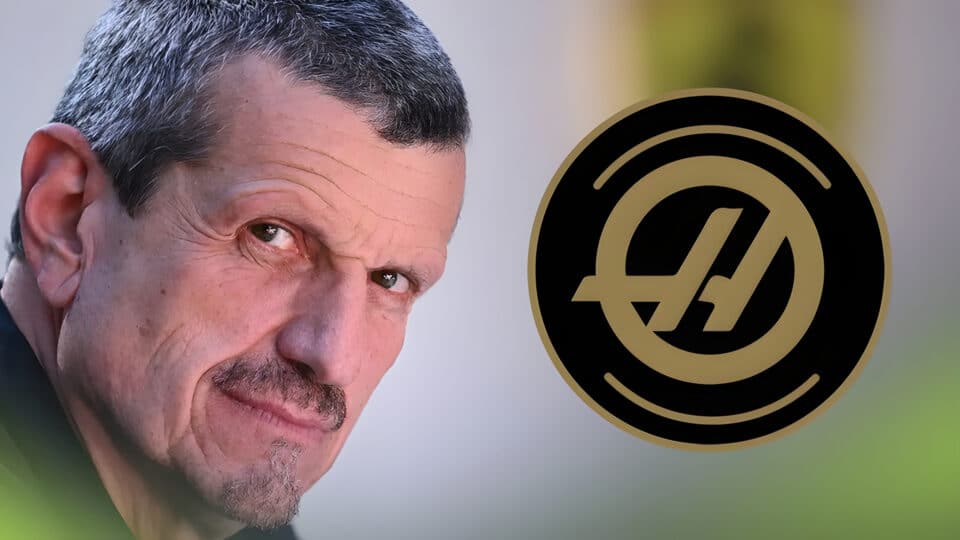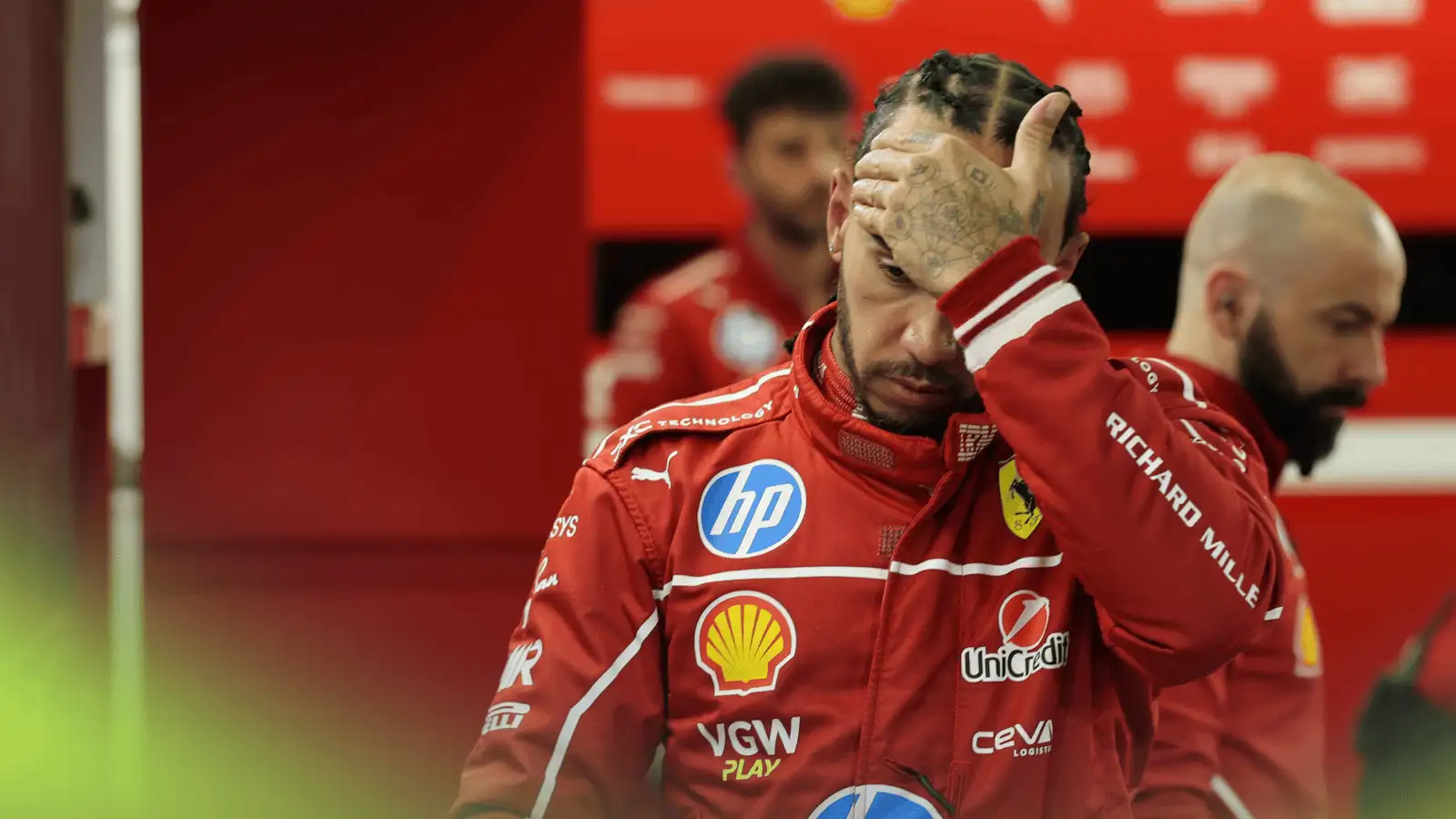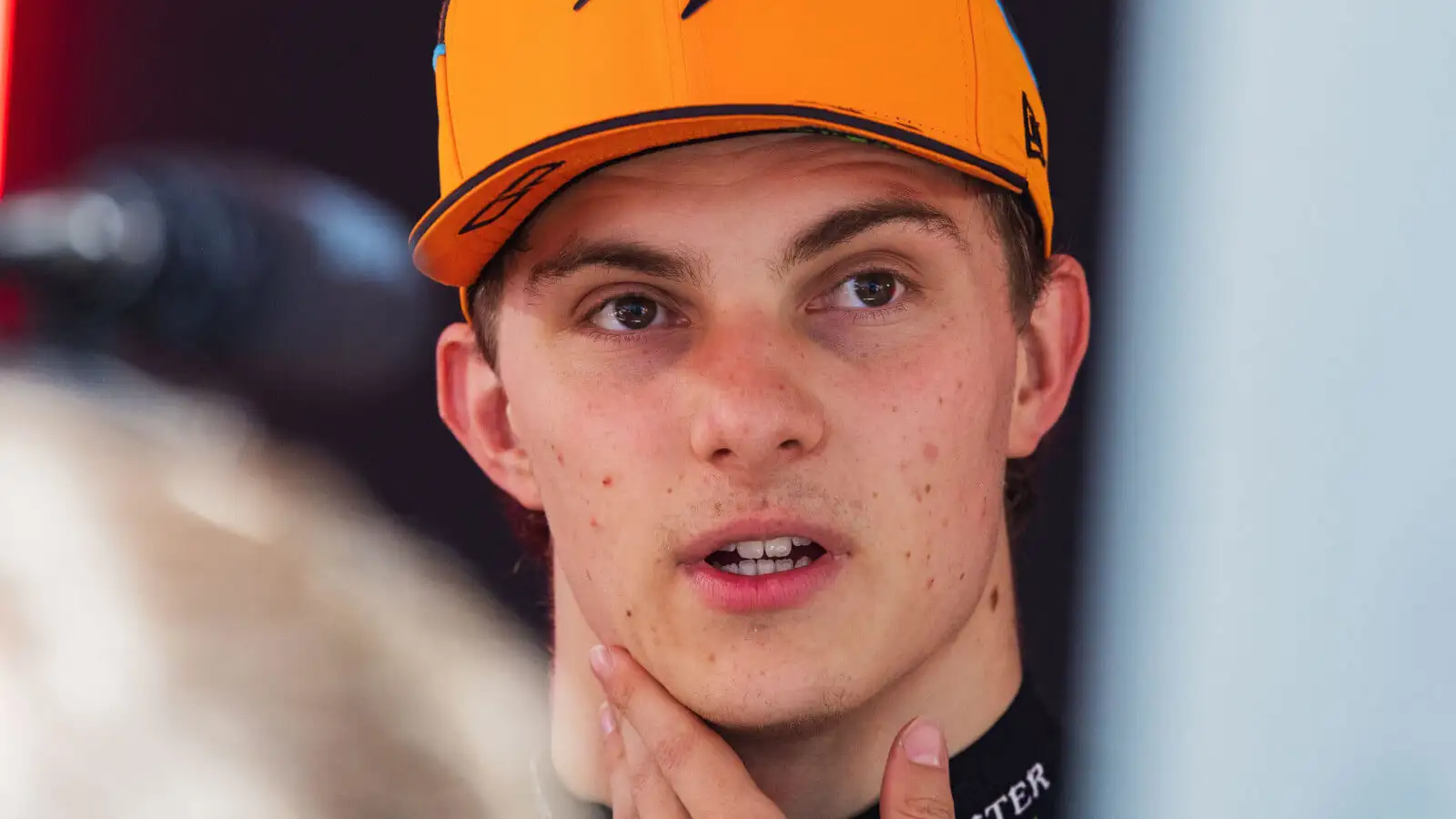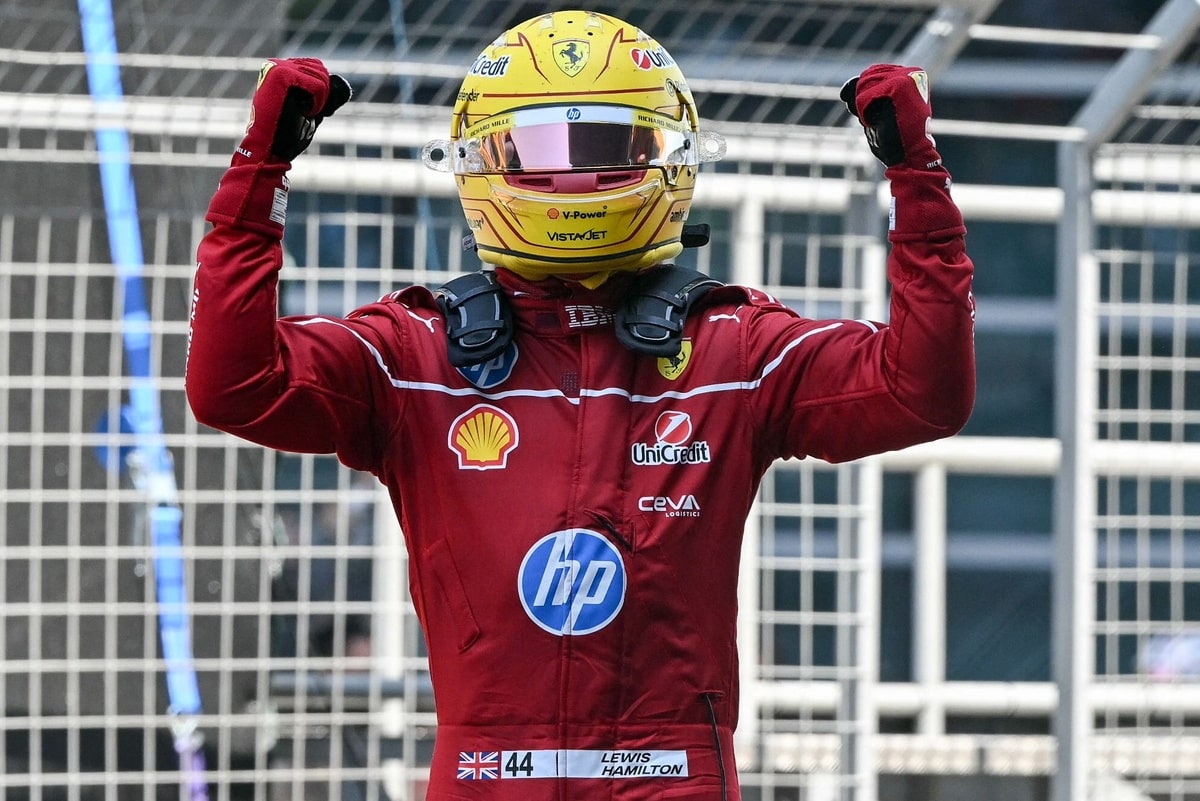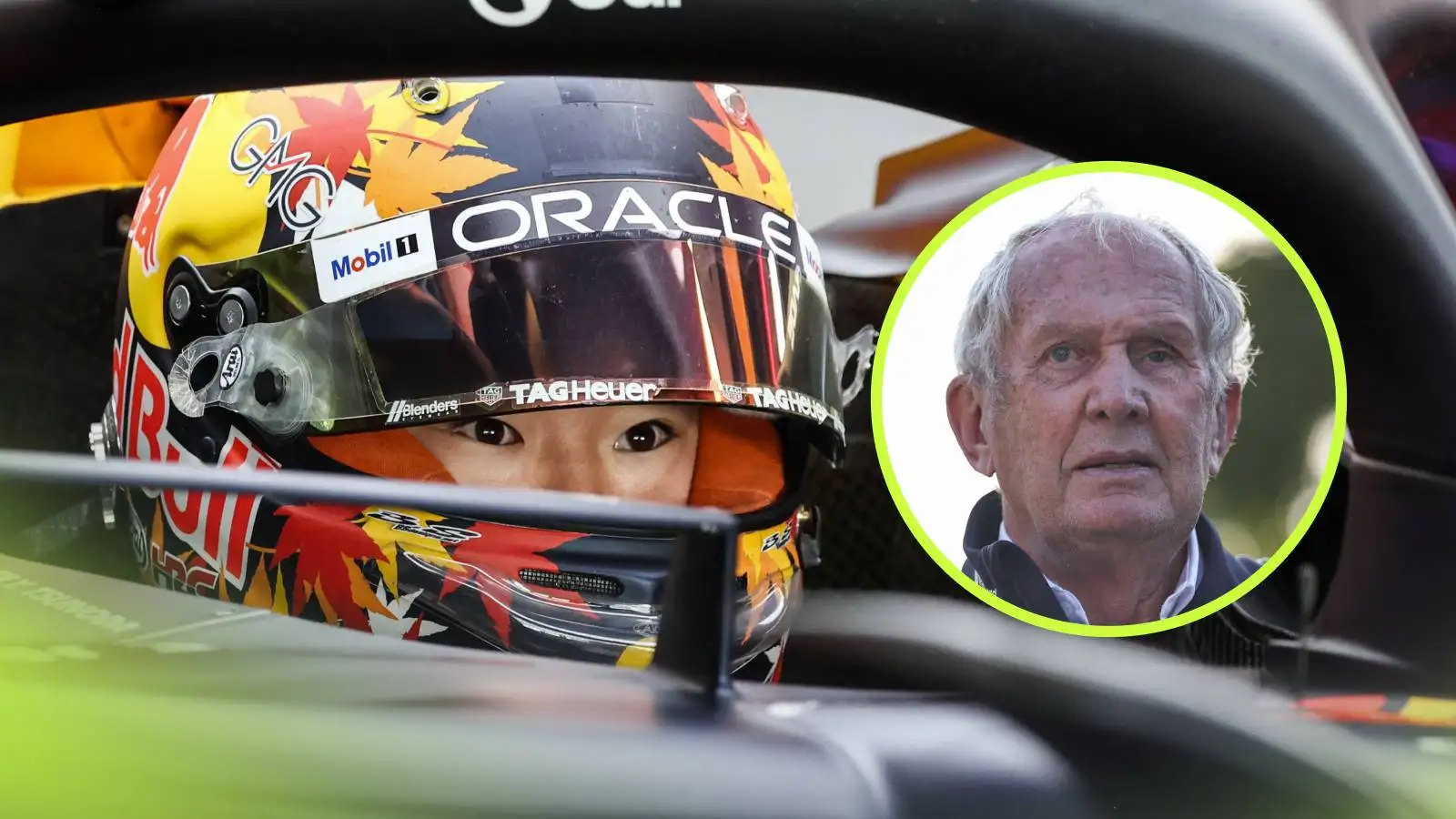Lewis Hamilton experienced a heart-wrenching moment when his record-breaking eighth Formula One world title slipped away with less than a lap remaining in the 2021 Abu Dhabi Grand Prix. Following this, he went silent on social media, leaving fans questioning his return.
But Hamilton, always the competitor, came back only to find that his Mercedes team struggled with the new car design rules, making victories far from guaranteed. He had previously voiced his opinions on drug testing in F1, noting that drivers are tested just 2-3 times a year. ‘Drug testing is random, I would say it is around three times a year maybe or maybe less,’ Hamilton said.
He argued that unlike cycling, F1 doesn’t require enhanced physical capabilities as much. ‘We are not fatiguing. In all honesty, the cars are not hard enough to drive. It should be more physical. I think in 2021, they maybe need to get rid of power steering, for example. We should be massively depleted afterwards. That’s how sport should be,’ he concluded.
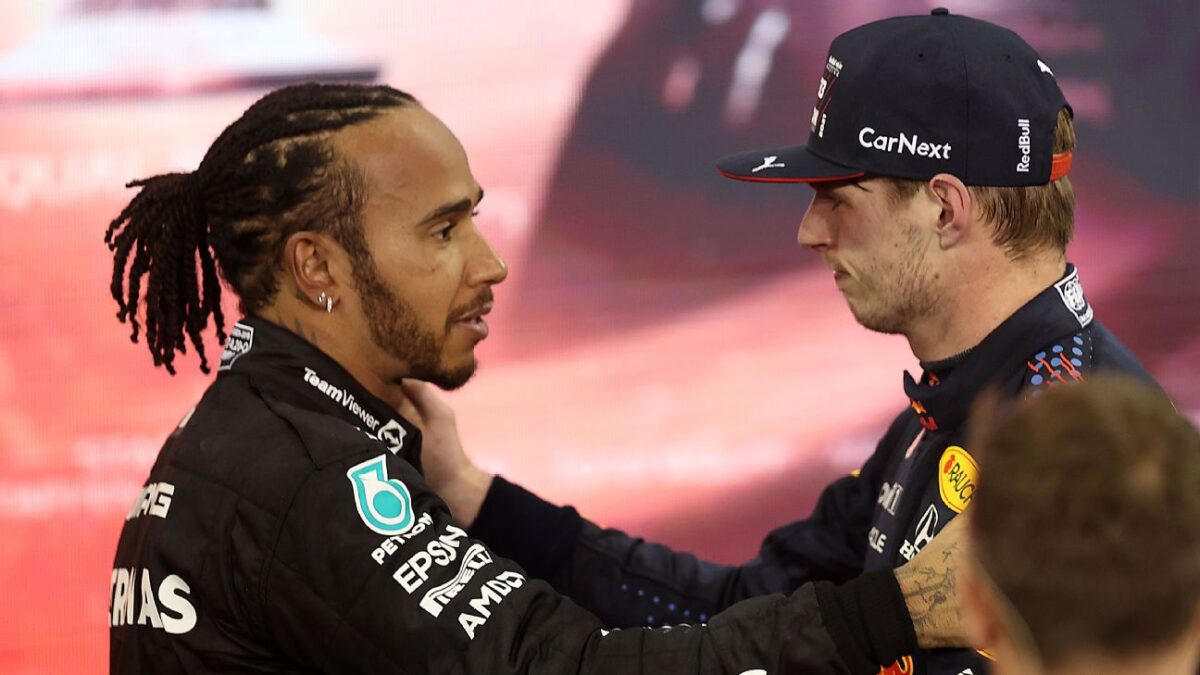
In 2019, Mercedes was flying high with consecutive 1-2 finishes, but the 2022 regulation changes were a turning point. Mercedes struggled to adapt, falling behind Red Bull, Ferrari, and McLaren. Hamilton recently announced his departure to Ferrari, just months after signing a multi-year contract with Mercedes, pointing to deeper issues that went beyond a mere attraction to Ferrari’s iconic red cars.
Currently, Hamilton is experiencing his worst run in qualifying against his teammate George Russell, trailing 7-1 this season. The margin between their best average lap times places them second behind the McLaren duo. Historical data shows that Russell has generally been faster, implying Hamilton is facing his toughest challenge yet. This season’s struggle isn’t just about an underperforming car but possibly also about age-related factors. At almost 40, Hamilton might be experiencing a natural decline in performance.
Hamilton’s comments about the sport being too easy seem to materialize as drivers now grapple with the new ground effect cars. His transition to Ferrari will be a critical test. While he brings substantial marketing power, if he fails to perform against Charles Leclerc, Ferrari may quickly look for the next young superstar. Next season could very well be Hamilton’s ultimate test, influencing whether he will continue or retire from the sport.
Hamilton faces significant trials ahead, both in adjusting to new team dynamics and competing against younger talent. His willingness to speak candidly about challenges and drug testing in F1 adds another layer to his multifaceted career. The upcoming season with Ferrari will be crucial in determining his future in the sport.
